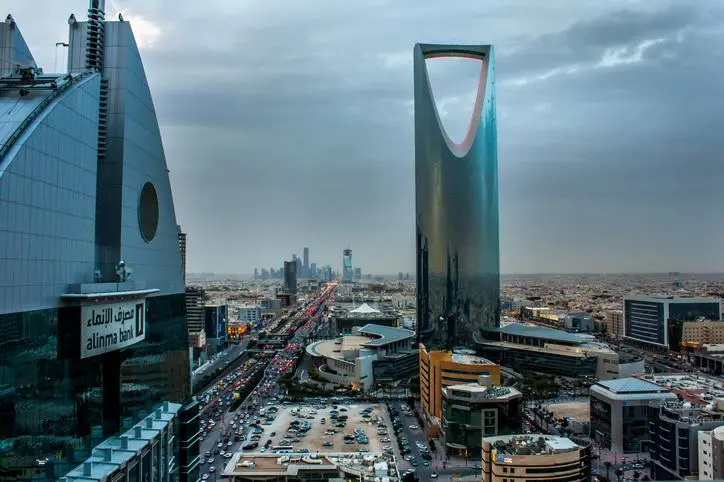PHOTO
The Future Investment Initiative (FII), nicknamed “Davos in the Desert,” last week clearly showed the world’s confidence in Saudi Arabia’s economy, stability, and ability to achieve the goals and strategies of Saudi Vision 2030.
With the ability to achieve those goals and strategies not only in normal times, Saudi Arabia is also capable of responding to other crises promptly despite the economic challenges the world is facing.
The most difficult challenge for the Kingdom is the pandemic, but despite the transformations it is experiencing, the Saudi economy consistently shows that it can weather economic challenges.
In its fourth year, the FII has strengthened its place in the world economy. It has been able to do so by virtue of the fact that it no longer merely foresees the future, but also draws a roadmap for a new global economy shared by the leaders of global politics, economics, and businessmen.
The fact remains that the Saudi economy is strong and has made itself a strategic partner for many leading economies. Saudi Arabia is on a serious roll with its strong economic renaissance, with the world on the threshold of the so-called Fifth Industrial Revolution and the fourth soon fading into the past.
The Kingdom’s economic reforms show clearly that it will be one of the centers of global investment from NEOM to Riyadh and beyond.
This exciting, bold vision for cities and regions across Saudi Arabia was outlined last week at the FII, themed by Riyadh as a new global economic renaissance. Riyadh makes up about 50 percent of Saudi non-oil revenue, and the cost of creating a job there is less than 30 percent of the cost in the rest of the Kingdom’s cities.
This achievement came as the capital was being listed among the top 40 city economies worldwide. Saudi Vision 2030 further targets it to be in the top 10 over the coming years.
Moving to a place among the top 10 is a huge ambition for Riyadh, and how this will be achieved was clearly and convincingly explained by Crown Prince Mohammed bin Salman at the FII last week. Seeing the remarkable progress of Saudi economic reforms and the overwhelming statistics since the launch of Saudi Vision 2030 in 2016 makes these targets very attainable.
Looking carefully at Riyadh, we see the prosperity that the city possesses along with its potential to create jobs, growth in the economy, investments and a range of other opportunities.
The announcement of the outstanding development of Riyadh and its transformation into a global model as one of the largest industrial cities in the world shows that the time has come to see the city — along with its economic, political and energy roles — as a future global capital.
— Faisal Faeq is an energy and oil marketing adviser. He was formerly with OPEC and Saudi Aramco.
Twitter:@faisalfaeq
Copyright: Arab News © 2021 All rights reserved. Provided by SyndiGate Media Inc. (Syndigate.info).





















